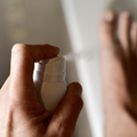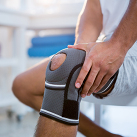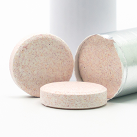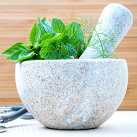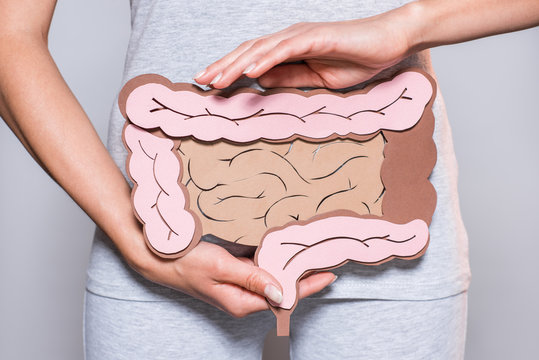Blog
Irritable Bowel Syndrome – Symptoms & Causes
One of the most common diseases of the digestive system is spastic colitis which is also known as irritable bowel syndrome. It is a benign bowel condition that most often affects women.
The Symptoms of Spastic Colitis
Spastic colitis causes intense discomfort and manifests itself with unpleasant symptoms that interferes with the daily life of the sufferer. It is painful but it is not life threatening. It is important for a person suffering from irritable bowel syndrome to recognize early the symptoms in order to treat them in a timely manner and to avoid severe pain. When food is digested in the stomach, its residues are first absorbed by the small intestine and then by the large intestine. When the digestive system is functioning normally, the large intestine pushes these residues out of the body. In a person with spastic colitis, however, the bowel either doesn’t move enough resulting in constipation or moves too much and diarrhea occurs. The most common symptom is abdominal pain. The pain is persistent or presents with flare-ups and relapses anywhere in the abdomen, although it is usually located in the lateral parts of the abdomen. In addition to bloating and gas, the pain may be accompanied by disturbances in the frequency of bowel movements, ie the person either suffers from diarrhea or constipation or there is an alternation of these two conditions. In people with spastic colitis there may be disorders in the composition of the stool. Their texture can be either very hard or too watery.
Other Symptoms
Another symptom of spastic colitis is mucus in the stool. Spastic colitis mainly affects women, suggesting that female sex hormones play a role in the onset of symptoms. This is because during menstruation, or shortly before menstruation, female hormones change, which cause a disturbance in the motility of the intestine.
The hormone that is responsible for the symptoms of the gastrointestinal tract is progesterone, which increases during the period. In recent years, however, the causes of spastic colitis seem to be associated with the modern way of life. Strict diets and express diets, excessive alcohol consumption, smoking, sedentary lifestyle and insufficient water intake are major causes for the worsening of spastic colitis.
Treatment
The symptoms of spastic colitis are mainly treated through diet. If you suffer from it, find out which foods you can’t tolerate and then exclude them from your diet for a while. The most suspicious foods that trigger such a situation are dairy, fatty foods, caffeine, chocolate and alcohol. Another way to fight the problem is to adequately hydrate the body with plenty of fluids and especially water, during the day. Finally, regular exercise promotes bowel motility and helps relieve pain.

 Ελληνικά
Ελληνικά











